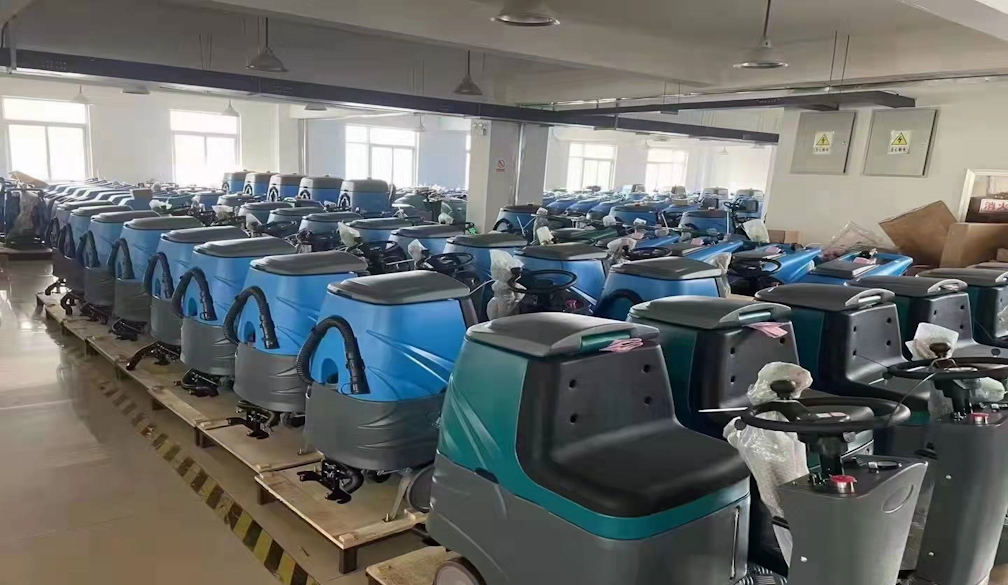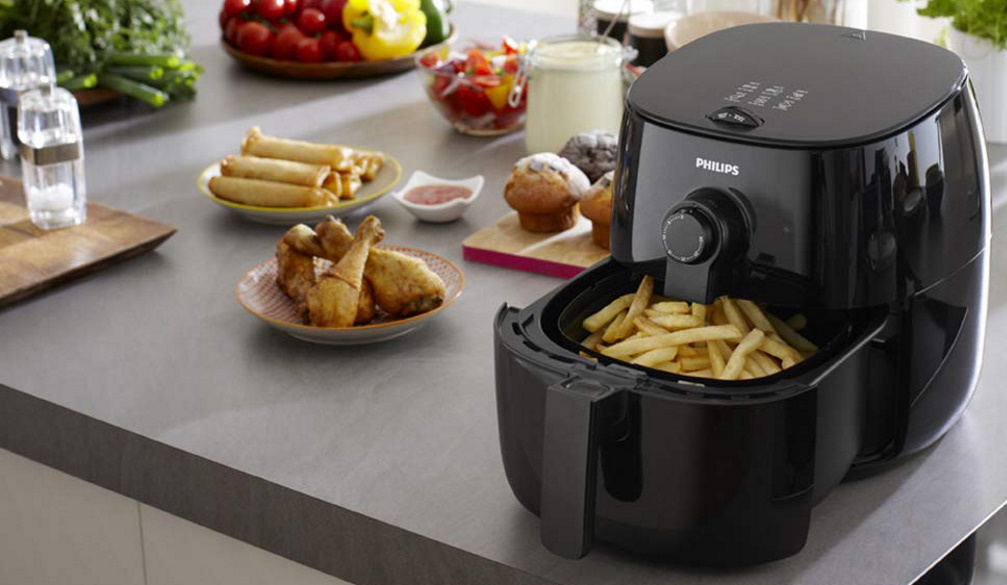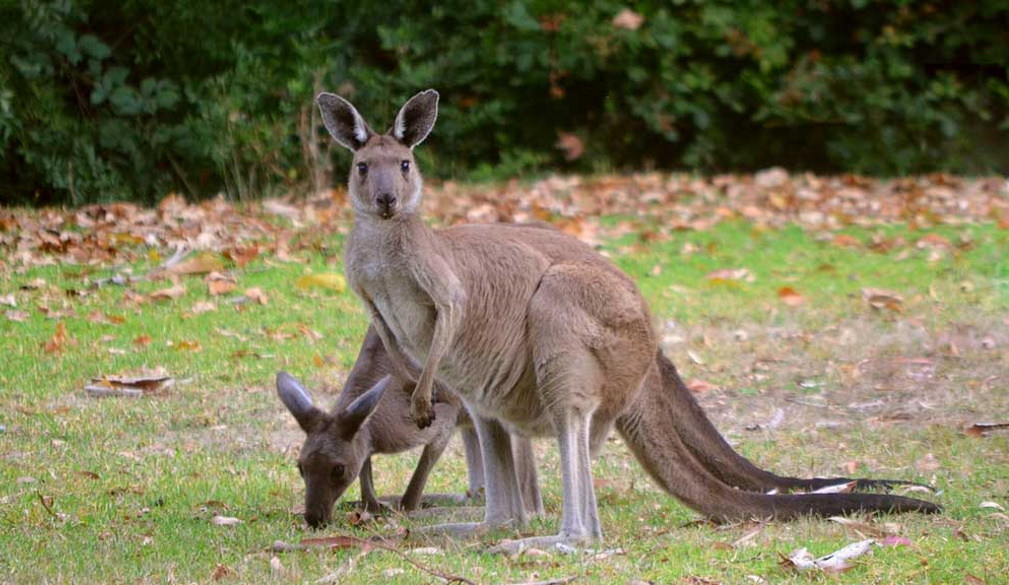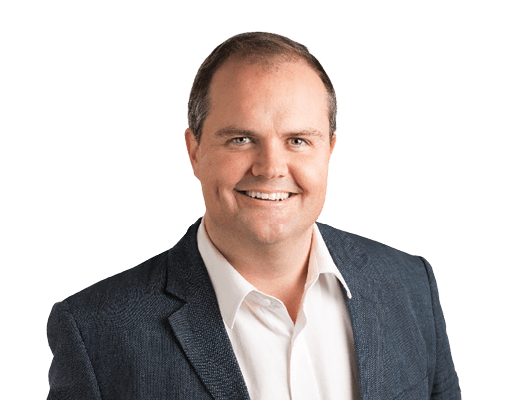Scott Morrison's interview with Tom Elliot 3AW
- Written by Scott Morrison

ELLIOTT: I heard your announcement the other day, it was National Cabinet late last week, saying that if we get to 70 per cent, we get most of our freedoms back. If we get to 80 per cent, it's, we’re basically open for business. Are you confident we can get there? Because, I reckon more than 30 per cent of Australians are either anti-vaxxer or vaccine hesitant?
PRIME MINISTER: Well, there's nothing that we've seen that says that, Tom. I mean, the Australian Bureau of Statistics themselves has said that 75 per cent of Australians are supportive of getting the vaccine, and we're connecting them to it. I mean, another day with over 200,000 doses delivered and administered across the country. It continues to ramp up, more than a million every week. The pace of the past month which doubles, the double dose vaccination rates across the country - one in five have now had two doses, 40 per cent have had the single dose. And, as you keep going up, two thirds of over fifties have had their first dose and just about 80 per cent, it should click, click over that in the next day or so, of over seventies. So, Australians know that we need to do this and they're turning up and they're doing it. And, the more supply and the more points that there are to get it, they're responding and they're doing a terrific job.
ELLIOTT: Well, speaking of supply, I mean, clearly if we want to get younger people vaccinated, and depending on which state health officer you talk to, young can mean anything from under 40 to under 60. But, I mean, we've been told they have to get Pfizer, not AstraZeneca. When will we have enough Pfizer, so … ?
PRIME MINISTER: No, they're not being told that. I mean, in New South Wales, particularly right now …
ELLIOTT: In Queensland, Queensland they’re being told that.
PRIME MINISTER: Well, well I tell you what ATAGI says and I can tell you what the Therapeutic Goods Administration says. And, in the last 24 hours, almost 10,000 people under the age of 40 took AstraZeneca. That's in the last 24 hours.
ELLIOTT: No, I know. But, the Queensland Chief Health Officer is telling, saying to everybody up there that she will not countenance giving under 40s AstraZeneca.
PRIME MINISTER: Well, that’s, she can have that view. But, that doesn't align with what the Technical Advisory Group on Immunisation says. It doesn't align with what the Therapeutic Goods Administration says. It doesn't align with what the Chief Medical Officer says and it doesn't align what, what I’ve been saying. She's entitled to that view and I respect her. But ...
ELLIOTT: But, it's not a helpful view, though, is it?
PRIME MINISTER: Well, you'll have to talk to her about that. That's not the national view, though. That's not the medical view that is being put forward by the national vaccination program, by General Frewen, and where that is supported then we're seeing those vaccination rates, whether they be in New South Wales or elsewhere and Victoria, I've got to say, Victoria has done a great job with AstraZeneca going through their state hubs. They've been one of our best performing in the state hubs with AstraZeneca. But, the biggest performer on AstraZeneca has been the GPs, and with more pharmacists coming online now, that's how we get the job done.
ELLIOTT: Sure.
PRIME MINISTER: But, Australians, Australians know we need to do this to get it done. That's how we've kept the death rates so low in Australia. I mean, 30,000 Australians would be dead from coronavirus …
ELLIOTT: Sure.
PRIME MINISTER: … if it was the same as other countries.
ELLIOTT: Ok. But, there's a lot of younger people who say, ‘No, I want Pfizer,’ there’s some older people as well. Now, let's just say, ok, we're going to give them Pfizer. When do we have enough Pfizer so that everybody who wants Pfizer can get it?
PRIME MINISTER: Well, there's a million of it coming in every week now, and that's significantly up from the 300,000 we were getting back in June. And it keeps increasing as we go from month to month. But, my point, Tom, is that that hesitancy that was there around AstraZeneca, and it really got talked down there, and the UK Government and many others, it's the most, it's the most recognised coronavirus vaccine in the world, more so than even Pfizer. And, the clinical and the, the empirical evidence is it is just as effective when it comes to suppressing it, you getting it, getting serious disease, and fatality. So, it's a good, it's a good vaccine that has saved millions of lives around the world. And, and it will here, too. That's why we ensured it was available here and we manufactured it here.
ELLIOTT: Look, I don’t, seriously, I mean, I got inoculated with AstraZeneca. I've had my two shots.
PRIME MINISTER: Yeah.
ELLIOTT: I've got my vaccine certificate. I'm an absolute supporter of it. But, there is, there are a lot of people out there who have listened to some other messages and say we want Pfizer. Look, let’s ...
PRIME MINISTER: We’ve got to keep encouraging them to go and listen to the broader advice, Tom, and …
ELLIOTT: Yep.
PRIME MINISTER: ... because that's what gets this done. And, that's why I mentioned that figure - about almost 10,000 young people who've heard that message, are going and doing it, because and that what that says to me is that Australians want to get this done. They know where we want to get to. That's what the national plan, the four step plan - 70 per cent, then 80 per cent. At 80 per cent, those who are vaccinated can travel, they can come back. You know, we won't have to have these costly lockdowns. We’ve got to have them now because the Delta variant is so different. It’s like dealing with a different virus.
ELLIOTT: Ok, but, when, I know you announced this out of National Cabinet. And, at National Cabinet all the premiers are supposed to agree with you and each other and all come out with a united, happy front. But, I mean, you know, only a few weeks ago the premiers all agreed that a lockdown would be the last step, and instead here in Victoria at least it became the first step again. If we get to 70 or 80 per cent, is there a guarantee from Daniel Andrews, from Gladys Berejiklian, from Annastacia Palaszczuk, from all the other premiers that they will not go, put us back into lockdown again? Can we guarantee that?
PRIME MINISTER: Well, let me deal with what you just said a moment ago about lockdowns in this period. I mean, the reason why the response from all the states has changed on lockdowns is because the evidence that was coming from this new Delta variant changed. I mean, you can't, you can't treat this virus as if it's static. And, when we learn new things about it, we have to adjust our response. Now …
ELLIOTT: Sure, ok, but that's fine but ...
PRIME MINISTER: Now, I've always been one under, you know, previously, who've, you know, tried to avoid these lockdowns earlier on, and under the Alpha variant you could do that and you could suppress it with good contact tracing and isolation and testing and all that sort of thing. The Delta variant - we’ve tried that, it doesn't work.
ELLIOTT: Didn’t work. Ok, so, so, but …
PRIME MINISTER: You’ve got to go to lockdowns quick and hard. Now, with the premiers and chief ministers now, we all agreed to that plan last Friday.
ELLIOTT: Ok.
PRIME MINISTER: And, I can tell you, at 70 per cent vaccination and 80 per cent vaccination where, which is different to now, where people are protected, the economic advice which we did with the health advice shows that it's not justified when you get to those levels. I mean, there may be quite specific instances if you had a population, a very vulnerable population, let's say an Indigenous population in a rural area of Victoria or something like that, that has a very low level of vaccination, then you might have to take steps to protect them. But, this idea of widespread statewide lockdowns, when you get to 80 per cent, the economics and the health can't justify it.
ELLIOTT: Ok. So, so has Daniel Andrews agreed to that, because he won’t talk to that?
PRIME MINISTER: He agreed to the national plan and these targets last Friday, yes.
ELLIOTT: Right. Ok, so, so if we get to 70 or 80 per cent of vaccination, Daniel Andrews ironclad guarantee - no more Victoria wide lockdowns?
PRIME MINISTER: Well, I just can't see that scenario. And, neither, I believe, can he, because when you're at 80 per cent, you can control it without that, unless there's some, you know, unforeseen event that occurs, Tom. And, you know, I appreciate that people want that type of certainty and we're giving as much of it as we possibly can. And, that's why we did this work, evidence based work. The Doherty Institute is one of the best of its kind in the world, and we're one of the few countries that have actually worked out scientifically what the vaccination rate has to be in order for you to take these steps. Other countries have had freedom days. It's not about a day. It's about a rate of vaccination where you can move forward. And, we've worked that out scientifically. I haven't picked it out of the sky. It's backed up by the science.
ELLIOTT: Ok, so …
PRIME MINISTER: I wish it was lower. I really do. But, it’s not.
ELLIOTT: Well, it is lower in other countries.
PRIME MINISTER: It is what it is.
ELLIOTT: Ok. Well, what do we have to do to accelerate, or what can we do? I mean, Anthony Albanese’s saying give everybody $300 bucks. We just had a caller who said, ‘Let's give one person a billion dollars, like in a lottery.’ There's trying to convince younger people and some sceptical older people that it's a good idea to get vaccinated. But, what else do we have to do as a, as a nation, as a society to, to accelerate this, this vaccination rate?
PRIME MINISTER: Well, we're already seeing it, Tom. And, what we need to do is just get more points of presence so people conveniently can go and get it. And, we need just to keep increasing the supply. Australians understand that they need to do this. And, what I've seen from Australians over the course of the last 18 months, and particularly Victorians last year is they went through the horrible lockdowns over that period of time - is, you know, they, we supported them financially, three quarters of a billion dollars a week, like we're doing, having to do in New South Wales now. But, that was to help them get through. Australians want to do this because they know it's good for them, it's good for their families, for their communities, it's good for their country. The incentives that we're providing is, you get vaccinated, then we move through these stages and we can live with the virus. And, I don't agree that Australians need the cash to do this. I think Australia has very good records of achieving high vaccination rates, immunisation rates. Very different to what you see in other parts of the world. So, we get it. And, Australians have done a lot, and I'm backing them in.
ELLIOTT: Ok.
PRIME MINISTER: I don't think a cash incentives like this, and neither does the work that General Frewen has done with his team, who’ve looked at all of these things and at this point they just go, it doesn't, it doesn't shift the dial. What shifts the dial is, you can go and get it there and you can go and get it now. I mean, the fact that we've got queues, the fact that we've got appointments that have to be a week or two or sometimes even longer in advance, is telling us that people want to get it and they're going to get it. So, let's just get more supply, more points of distribution, and the pharmacists, I think, will be a big part of that.
ELLIOTT: Scott Morrison, thank you for your time.
PRIME MINISTER: Thanks a lot, cheers.









